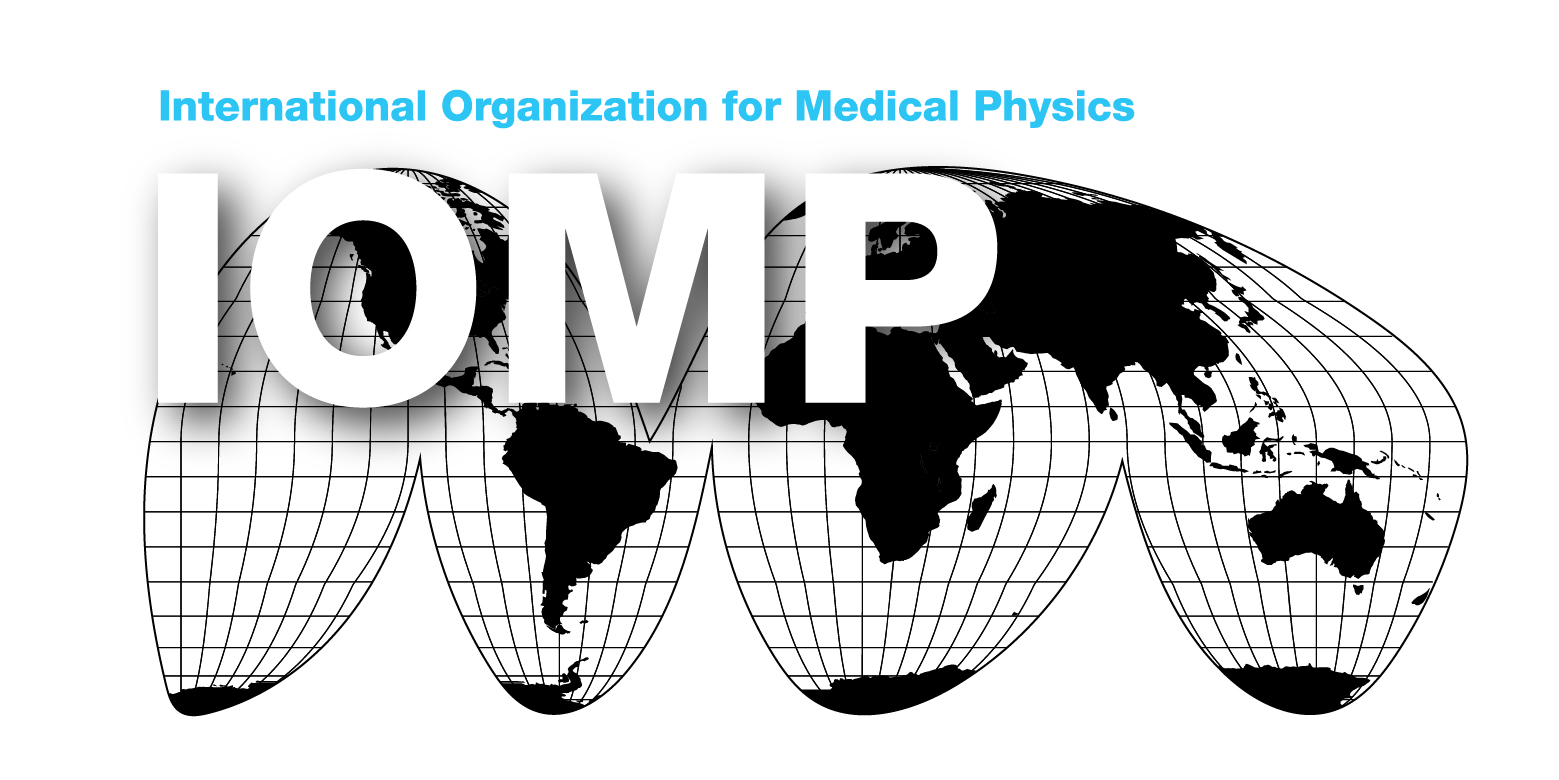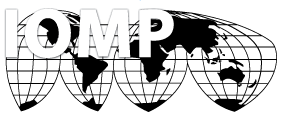ICMP2019 Program Planning Committee Co-Chairs’ Message
María-Ester Brandan, Geoffrey S. Ibbott
Co-chairs Program Committee, ICMP2019
A brief report about ICMP2019, Santiago, Chile, 8-11 Sep 2019
The 2019 International Conference on Medical Physics (ICMP-2019) was held in Santiago, Chile, in early September and was attended by 493 registrants from 54 countries. We are pleased to report that 65% of the work submitted for proffered oral and poster presentations came from Latin America and the Caribbean. The countries most represented in the presentations were Chile, Brazil, Argentina and Peru. Thus, ICMP-2019 was truly international and became an important forum for the development of medical physics in the region.
The program of invited and proffered talks and electronic posters greatly exceeded our expectations. The program included a wide variety of contemporary topics, highlighted numerous scientific accomplishments, and represented a range of regional and cultural perspectives. The program, like those in the past, was designed to entice international attendees, and at the same time, offered sessions designed specifically for local participants.
Every morning, at least one of the scientific sessions was held in Spanish, with a mix of international and local speakers, and topics of special interest to Latin American physicists. In most afternoons, there were four parallel tracks of proffered oral presentations, grouped without overlap so that most attendees were able to find talks of interest and relevance to their specialties. E-poster sessions were organized to minimize conflicts with the oral sessions, to allow participants to visit posters without having to miss oral presentations on related topics.
Ultimately, the program consisted of 114 oral presentations, of which five were organized into a special session for young investigators, where the presentations were scored by an international team of judges. The best presentation and two runners-up received awards at the closing ceremony on the last afternoon of the conference.
The remaining 109 oral presentations and 260 E-posters were sorted into the following topics: Diagnostic and Interventional Radiology (Subtopics: General, Dosimetry, Radiation Protection specific to Radiology); Radiation Oncology (Subtopics: Treatment Planning, Treatment Delivery, Dosimetry, Brachytherapy, Quality Assurance); Reference-Quality Dosimetry; Nuclear Medicine; Non-Ionizing Radiation; Biomedical Engineering; Radiation Protection; and Education and Professional Issues. The program was then arranged so that registrants could attend both the talks and E-posters on the topics of their interest.

